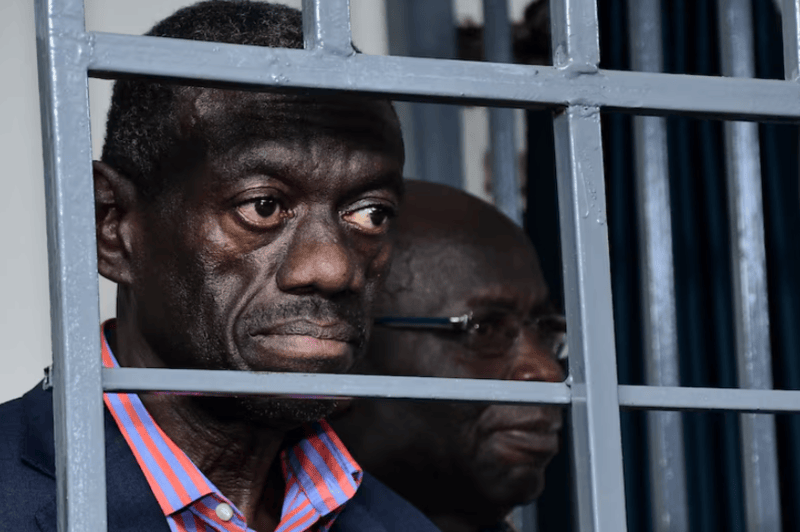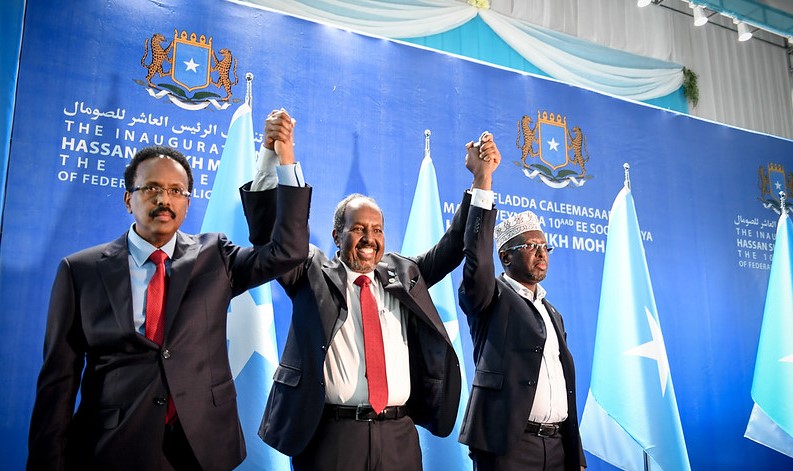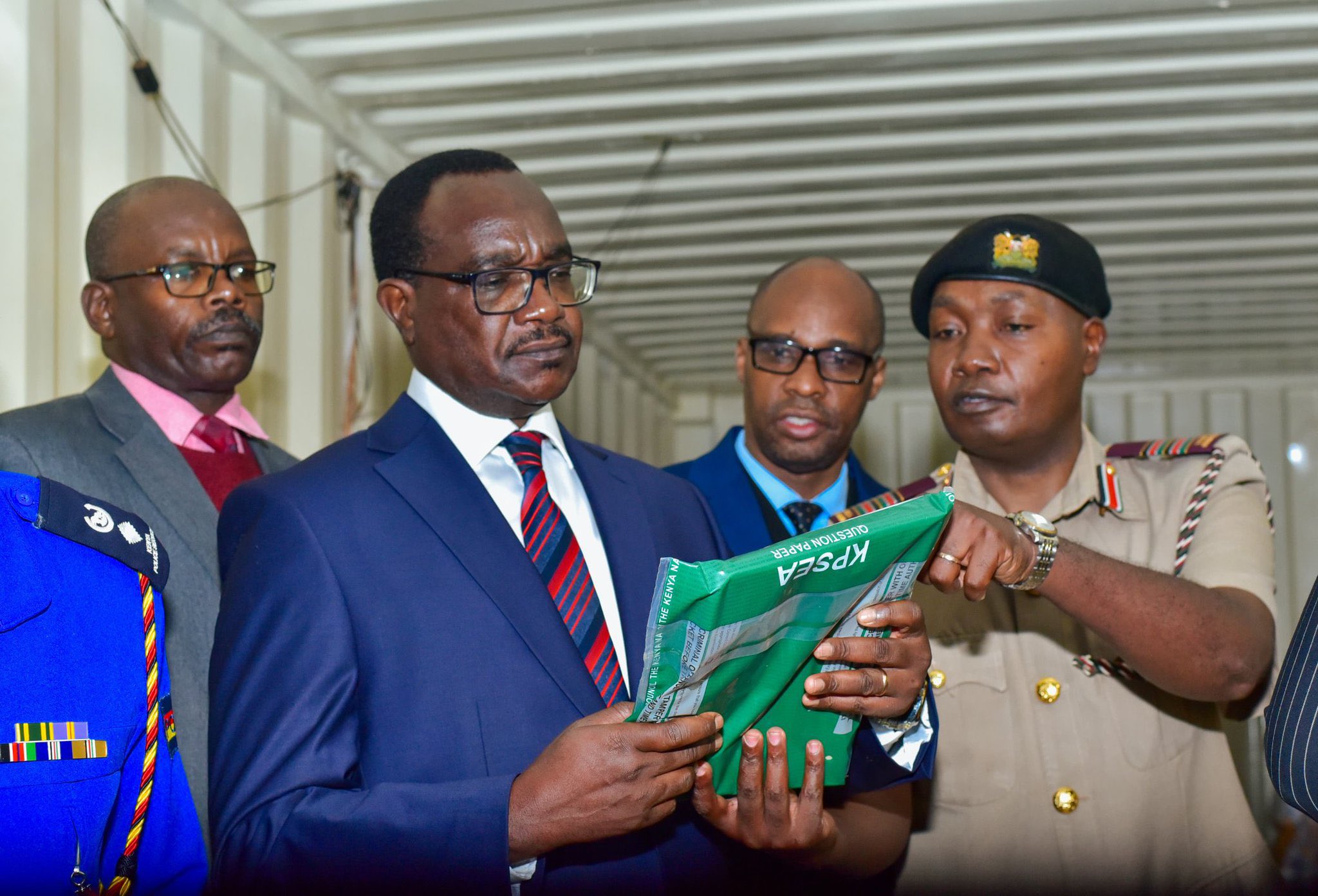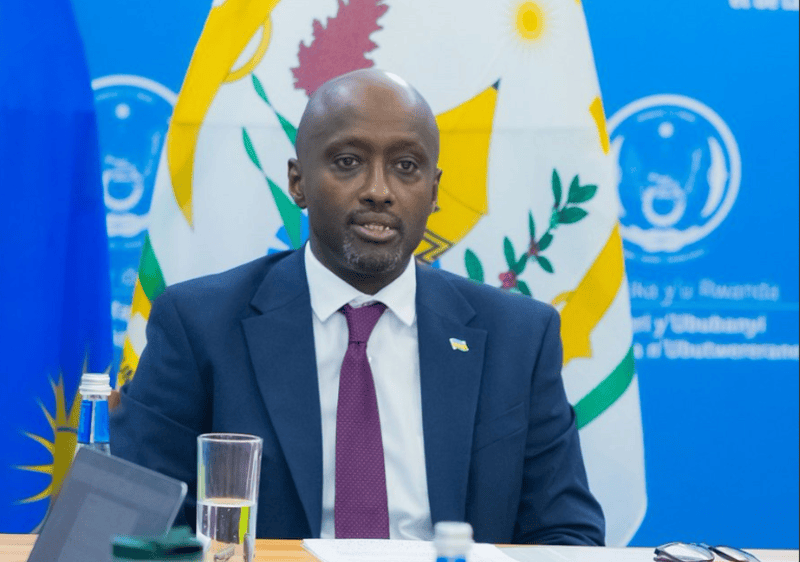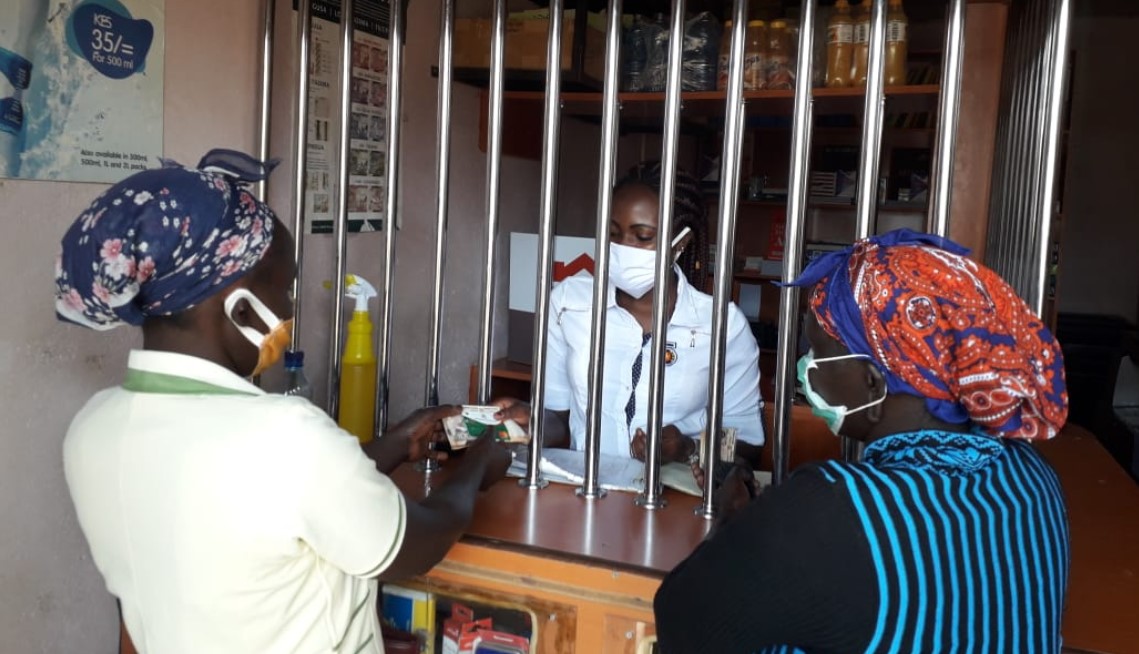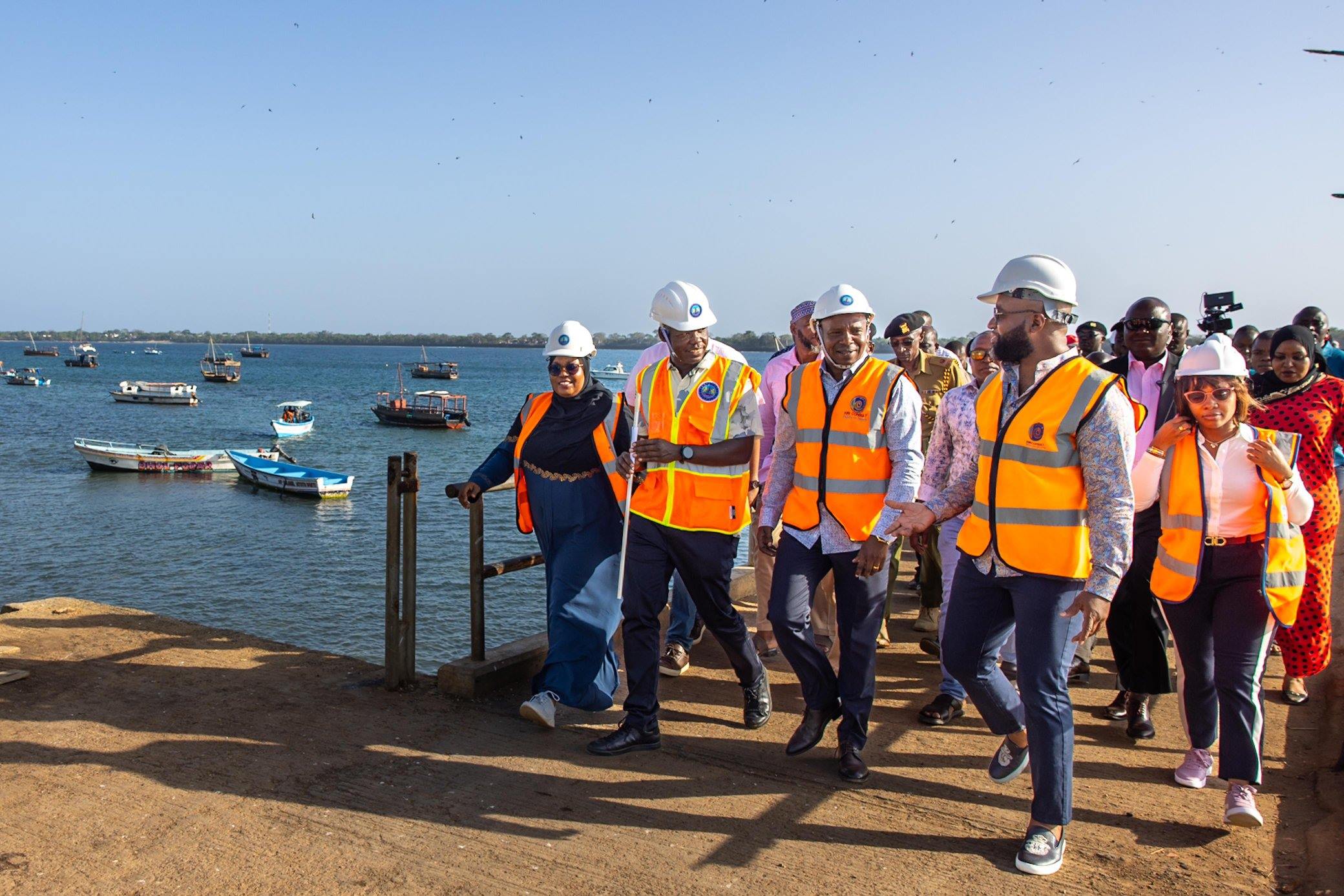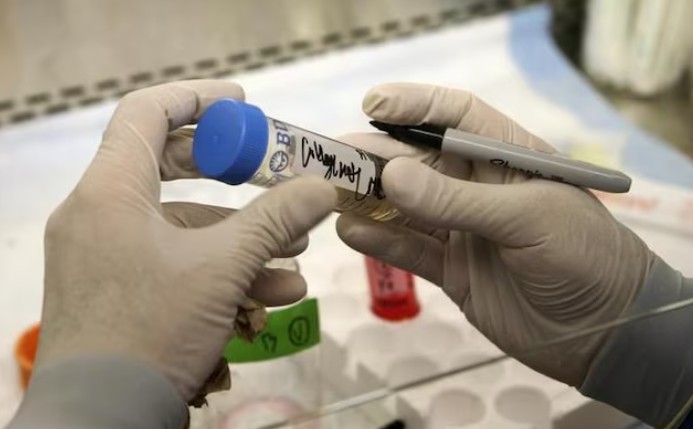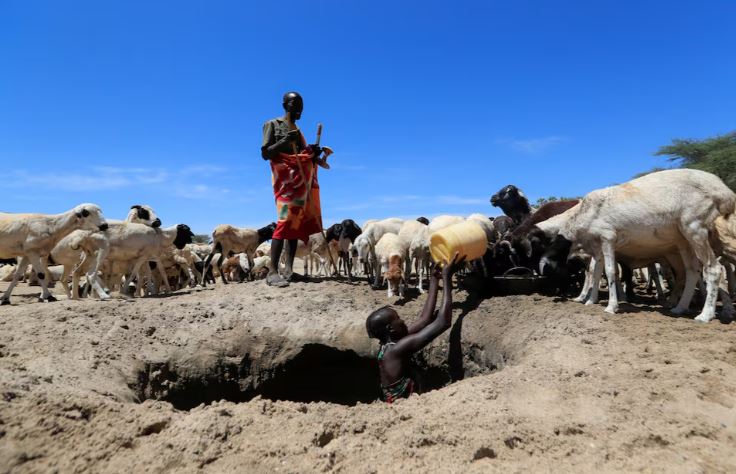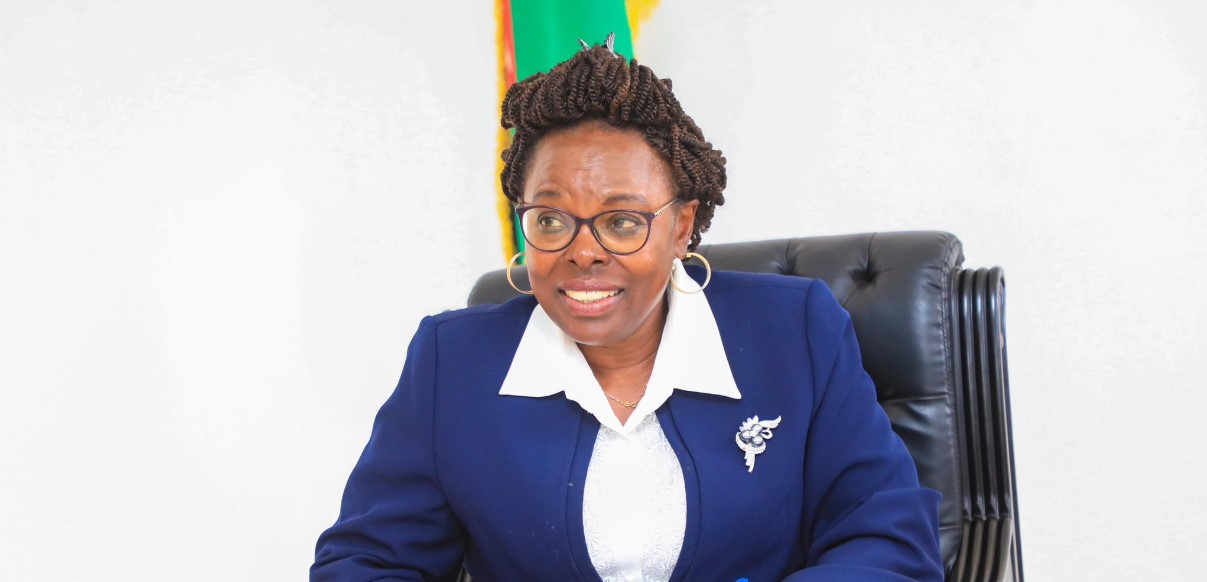Banks boost mining sector lending after licence freeze lifted
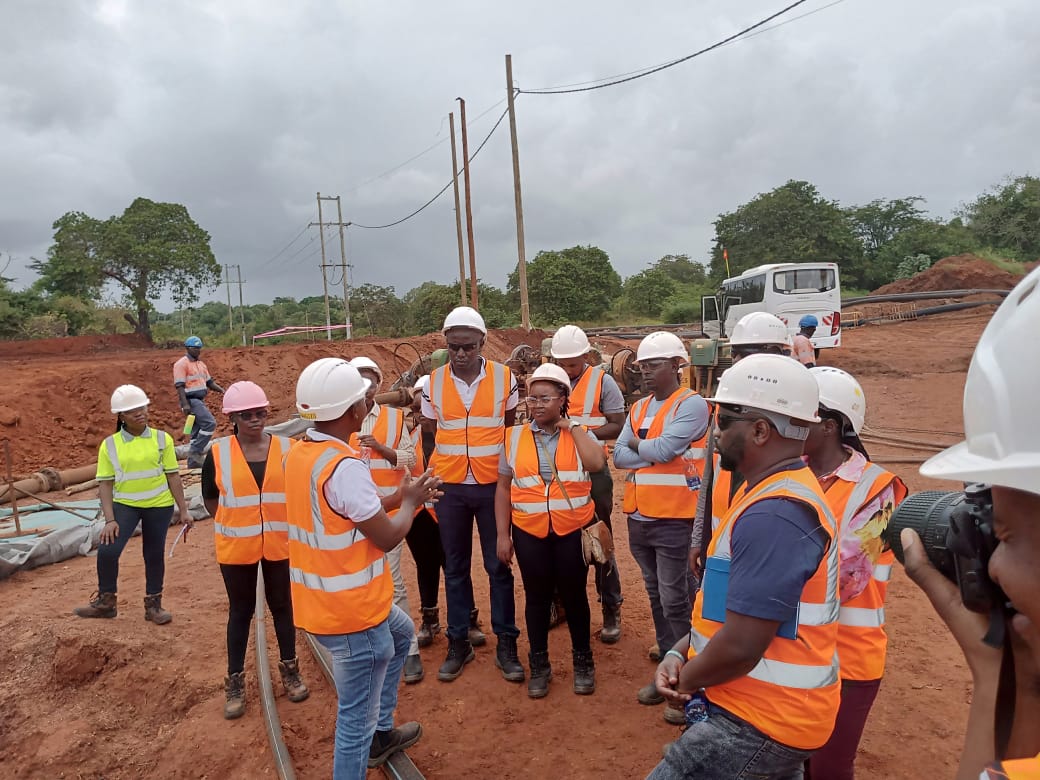
The lifting of the freeze has allowed new investors to enter the market and existing ones to resume their operations, providing a much-needed boost to the industry.
Following the lift of a temporary freeze on the issuance of large-scale prospecting and mining licences, Kenya's mining sector has experienced an increase in funding.
This shift, driven by a series of reforms introduced by President William Ruto's administration, has reignited interest in a sector whose contribution to the economy had been on the decline.
More To Read
- Turkana County suspends gold mining site near school after public outcry
- Mining engineers decry delays in obtaining state approvals, warn of job losses
- Kenya ranked sixth most preferred destination by mining investors in Africa
- State bolsters surveillance at ports to monitor mineral imports, exports
The lifting of the freeze has allowed new investors to enter the market and existing ones to resume their operations, providing a much-needed boost to the industry.
According to the latest data from the Central Bank of Kenya (CBK), loans to mining investors have surged dramatically. Credit to the sector increased by 96.7 per cent, rising from Sh21.9 billion in October 2023 to Sh49.3 billion in September 2024.
This growth comes after a blanket moratorium, imposed in December 2019, was lifted on the issuance of prospecting, mining, and dealership licences.
The government's decision to lift the moratorium was made possible by a series of reforms aimed at improving transparency and efficiency in the mining sector, including the introduction of an online mining cadastre.
These changes have allowed investors, many of whom had been waiting for years for permits, to resume their activities.
They were given until November 30, 2023, to update their registration documents, proof of funding, and ownership details.
While credit to the sector soared, not all applicants have had their requests approved. As of mid-September 2024, the State Department for Mining had evaluated 1,162 applications, but only 95 were granted permits to prospect and mine.
The majority of applicants were unable to meet the stringent documentation requirements, including proving they had adequate funding and the necessary tax and environmental compliance certificates.
"We have awarded licences cumulatively to investments around Sh132 billion. The majority are focused on industrial and construction minerals, with a few also engaged in mining titanium and other strategic minerals," said Elijah Mwangi, Principal Secretary for Mining.
Mwangi pointed out that before a licence is issued, prospective investors must demonstrate they have the financial capacity to follow through on their plans.
"Before we give you a licence, you'll have to sit with us and prove that you can invest the funds you have indicated in your applications," he said.
The increased funding is expected to revitalize the mining sector, which has faced a downturn in recent years.
The latest figures from the Kenya National Bureau of Statistics show a 2.7 per cent drop in mining output in the quarter that ended in June 2024. However, experts believe that the surge in investment could help reverse this trend and lead to higher production levels in the near future.


